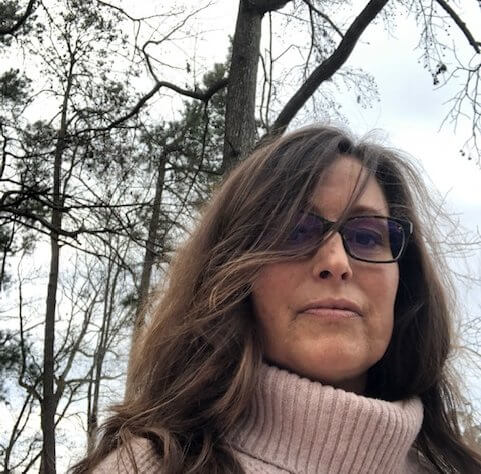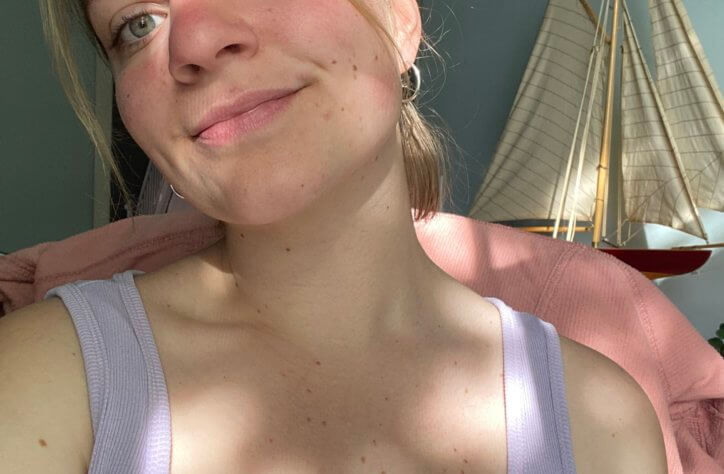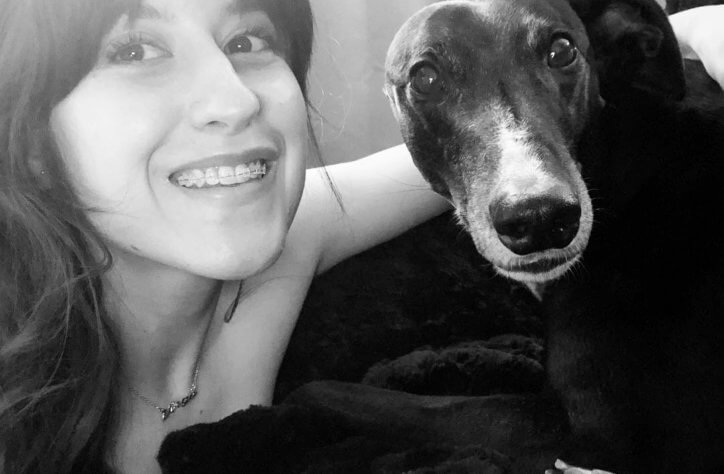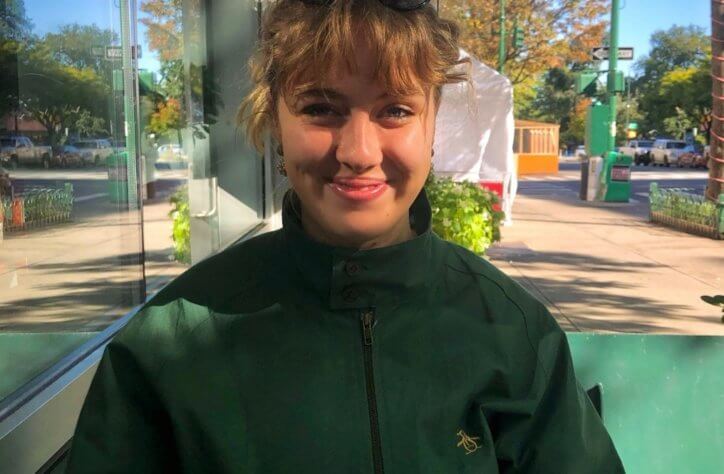Last week my therapist tried to explain to me the difference between hurt and harm – they spoke about how in kink and BDSM activity the aim is to briefly inflict a rewarding pain that leads to gratification, not to leave lasting damage.
I’m an artist, I make performance stuff and I’ve made a theatre show called Class that looks at the long term effects of growing up in poverty with shame, inadequacy, guilt and trauma at the forefront of it.
Each night at the Edinburgh Festival Fringe I paint my face, push gold hoops through my ears tell my story and list off some of the most horrific things that have happened to me and my kin as a result of precariousness.
At first glance, it may look like I revel in pushing largely middle-class theatre-going audience into my world of horror – in fact, each night I battle with masses of guilt for inflicting these stories on them. I’ve made this work because I want the privileged to do more than acknowledge their social standing, I’m not wanting them to experience anything anywhere near what I have in my lifetime. I want them to be stung into action – my therapists analogy comes into focus.
Some people leave Class centring themselves, feeling affronted they’ve been confronted with the ease in which the class system in the UK has meant they’ve had it easier than those of us the same system oppresses. Those who can see beyond the fact that I’m talking about something greater than the individual often are the ones that ask my team and theatre staff about my care – how am I walking over hot coals every night, how do I not harm myself?
The annoying answer is – self-care. I say annoying because self-care feels so painfully classed, wrapped up in privilege and masses of luxury, luxuries I battle with not feeling I should be afforded.
So many of us in the working class see self-care as something we can and should go without. The lives we live are often painted with traumatic experiences and deprivation but we’ve survived, be it scathed and scarred but we survive and continue to do so with precariousness never too far away.
When you come from nothing guilt is often attached to anything and everything that can be read as surplus. When resilience is about rolling with the punches it’s hard to reframe resilience being soft, kind and caring.
My care package for this show involves access to talking therapies paid for by the project and its funders, I perform a shorter week than other shows here (5 shows a week instead of 6). I have an exercise regime to do that endorphin stuff, access to a fancy swimming pool and I have a support worker.
Jen is my show parent, their role is to help facilitate my wellness, look over my shoulder and help me navigate this tricky world in which I lay out my trauma every day, picking my scabs for critics to reviews and audiences to assess. Without Jen and this support, I’m not sure I’d be able to do this over and over again.
So why am I doing it? Why do this to myself? Why play the role of trauma clown for the gratification of middle-class audiences?
By Inflicting this small amount of hurt on myself ensuring it doesn’t seep into harm by using the aforementioned care package means I get to play the role of dom and the privileged, my audience as sub – whilst stinging them, I sting myself for our collective greater understanding of what needs to shift and change.
In my experience us working-class folk are super resilient because we’ve been made to be, I want to live in a world where our survival skills come from camping books and haven’t been born out of pain. If that means I need to drag myself through the mill briefly then so be it.
Scottee’s Class at Edinburgh Fringe throughout August









